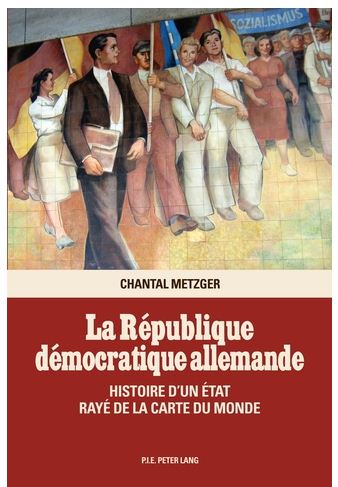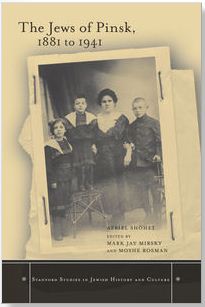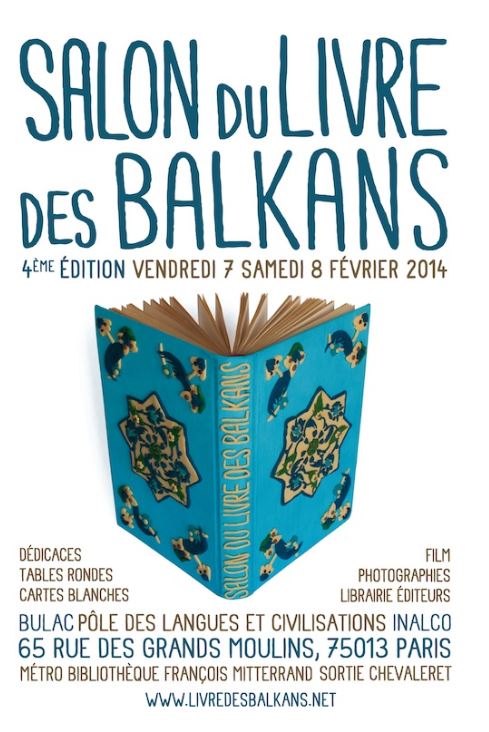Start: 08.05.2012 – 15:00 End: 08.05.2012 – 16:30
Venue: Ludwig Boltzmann Institute for European History and Public Spheres, Nussdorfer Strasse 64, 4th floor, 1090 Wien
Lecturer: Dr. Michal Pullmann
Title: The “Quiet Life” as a Program and Ideology? Repressive Legality in Post-1968 Czechoslovakia
This paper focuses on the programmatic design of “quiet life” in post-1968 Czechoslovakia – the attempt of the Party leadership to avoid the radicalization of the masses and to safeguard the stability of the system – and its implementation through the practice of repressive legality. Unlike the Stalinist order (which employed violence as an exemplary tool and tended to expose this publicly), the “normalization” rested on the removal of visible physical violence from the everyday life of the socialist, “decent” citizens, on the deployment of expertise (psychiatric, penitentiary, etc.), and on the practice of repressive legality. The prioritization of “order”, “legality”, “peace”, “a quiet life”, and “a peaceful work atmosphere” was thus not merely the programmatic vision of the post-1968 communist establishment, but became a specific ideological practice that endowed the “normalized” order with a specific stability.
Michal Pullmann teaches contemporary social history at Charles University in Prague. He focuses on the social history of the 20th century, history of historiography, theory and methodology of history and the history of communist dictatorships. He recently published a book on Czechoslovak perestroika and the demise of communism in Czechoslovakia (Konec experimentu: Přestavba a pád komunismu v Československu [The End of Experiment: Perestroika and the Demise of Communism in Czechoslovakia], Prague 2011), which offered an alternative interpretation of the demise of Communism in Czechoslovakia and was broadly discussed.
Michal Pullmann takes part in the project “Physical Violence and State Legitimacy in Late Socialism”. He also collaborates with other Czech and foreign academic institutions.













